Publications
Articles, publications, books, tools and multimedia features from the U.S. Institute of Peace provide the latest news, analysis, research findings, practitioner guides and reports, all related to the conflict zones and issues that are at the center of the Institute’s work to prevent and reduce violent conflict.
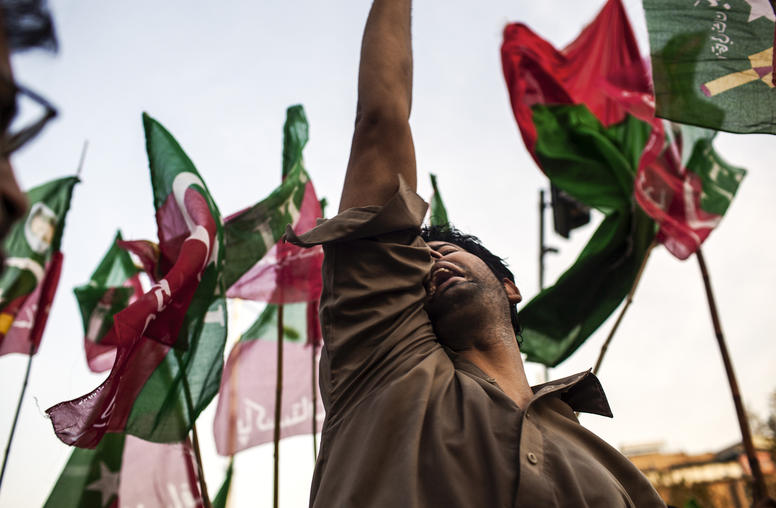
After a Volatile Election Season, What Now for Pakistan?
On July 25, Pakistanis went to polls, following the first time two successive governments have completed their five-year terms in office. USIP’s Pakistan experts discuss what this election will mean for Pakistani democracy, the role of the military in the electoral process, and the impact on U.S.-Pakistani relations.
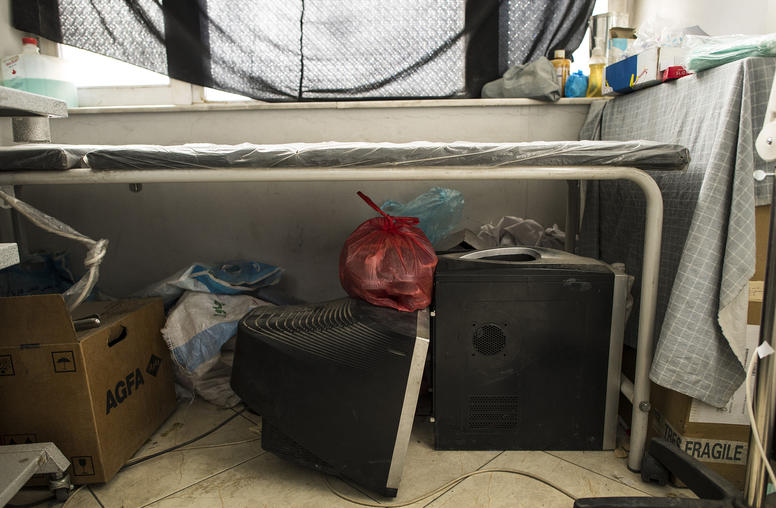
A New Afghan Law Preserves ‘Virginity Tests’ for Women
Afghanistan this year adopted a new penal code that moves the country toward meeting international standards on criminal justice. At the same time, it underscores the continued difficulties of reinforcing rights for Afghan women and girls. One reflection of this is its preservation of the discredited practice of “virginity testing”—a decision that Afghan women increasingly have opposed.
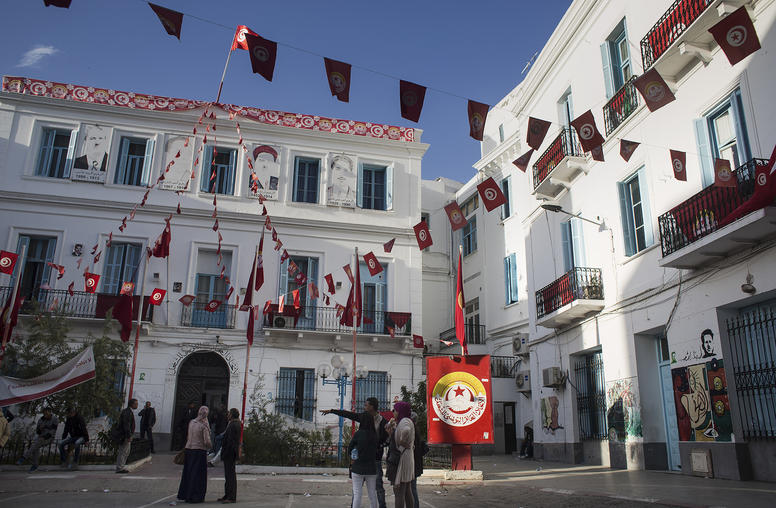
North Africa’s Fragility Provides Fertile Ground for ISIS
The U.S. Institute of Peace asked our Mike Yaffe and the American Enterprise Institute’s Emily Estelle for their insights on confronting the terrorist threat in Libya and Tunisia and addressing governance challenges in the two North African nations.
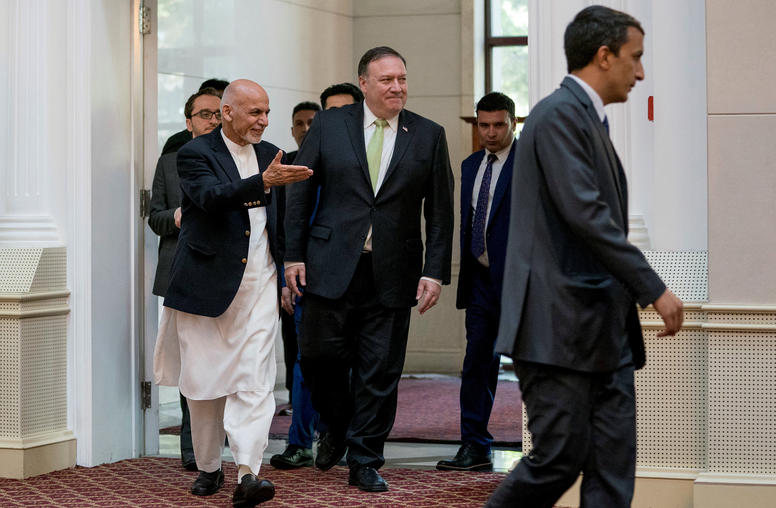
Are the U.S. and the Taliban Finally Ready for Direct Talks?
Following a series of positive developments in recent months, could the Trump administration’s decision to pursue direct talks with the Taliban revive the moribund peace process? U.S. Institute of Peace Senior Expert Johnny Walsh discusses the significance of this move and what we can expect from any potential negotiations.
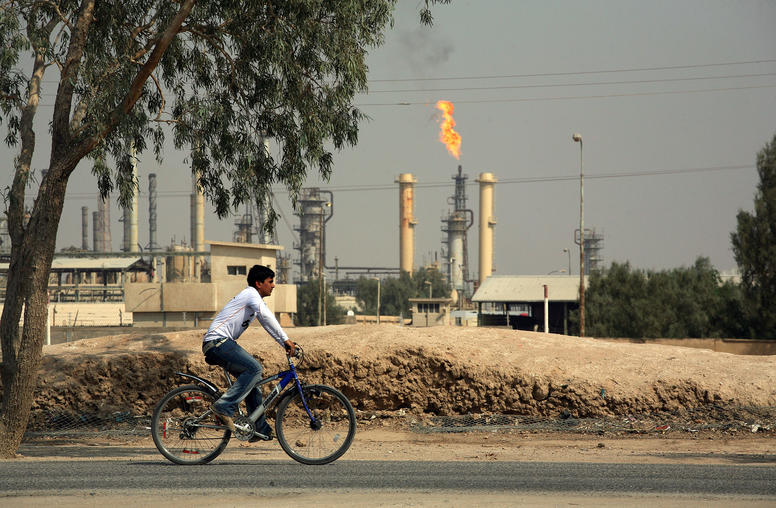
Iraq’s Protests Show the Fragility that Gave Rise to ISIS Remains
In recent weeks, tens of thousands of Iraqis in southern provinces of the country took to the streets to demand action over the lack of basic services and jobs. The protests began in the oil-rich Basra province, where people struggle with lack of clean water and electricity—amid temperatures exceeding 120 degrees—and economic injustice, among other challenges.
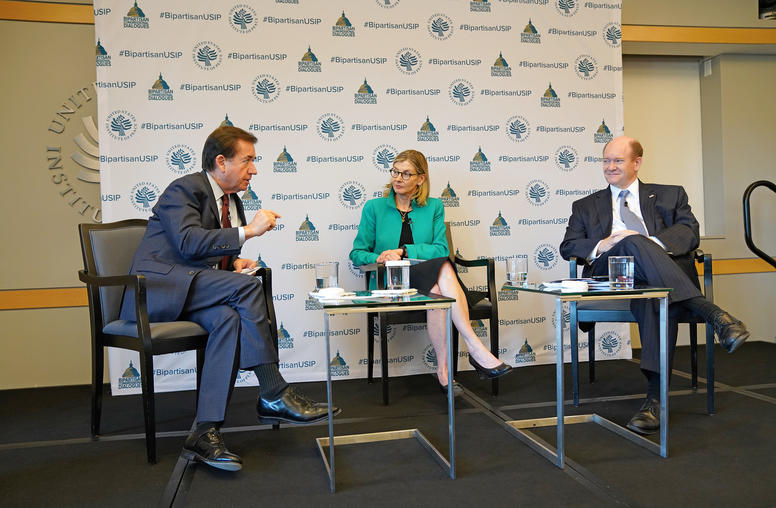
How Saving Rhinos Can Cut Poverty—and Even Terrorists’ Funds
By 2030 African black rhinos and elephants could face extinction as poachers and other criminals, including violent extremist groups, sell rhino horns and ivory to largely Asian markets. The trade in protected wildlife, worth an estimated $7 to $10 billion annually, not only endangers these species, it destabilizes communities and impedes sustainable economic development.
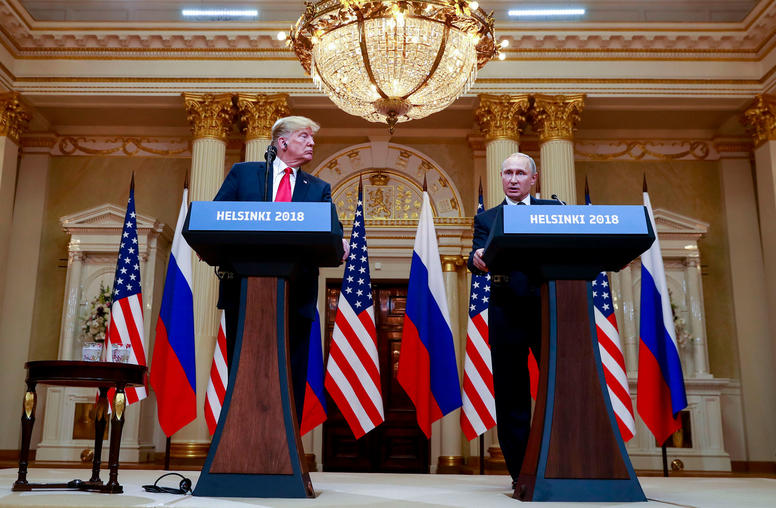
What’s Next for the U.S. and Russia After the Trump-Putin Summit?
After a series of disquieting meetings with European and NATO allies last week, President Trump met with Russian leader Vladimir Putin in a bid to restore relations between Washington and Moscow. In the lead up to summit, President Trump sought to temper expectations, but repeatedly affirmed his longstanding belief that improved relations with Russia would be beneficial for U.S. interests. With so many high-stake issues for the two to discuss—ranging from Ukraine to Syria and arms control to Russian meddling in U.S. and European democratic processes—it remains to be seen if the summit will lead to further rapprochement.
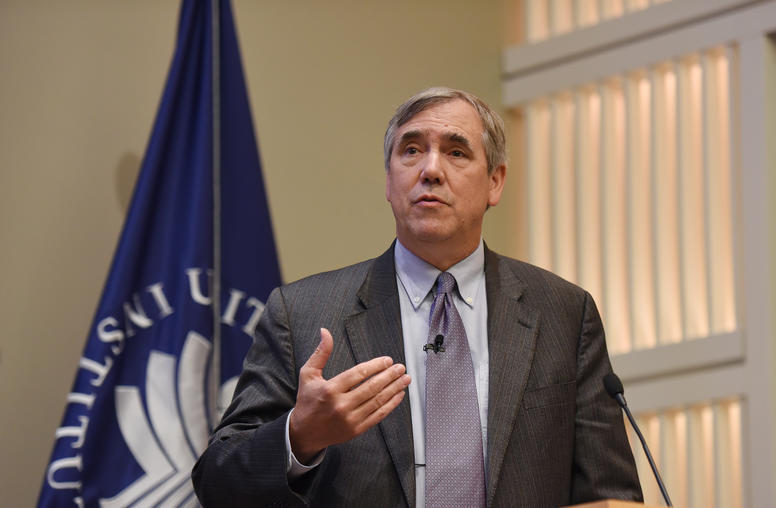
The U.S. Can’t Give Up on Africa’s Crises
After a trip to assess humanitarian crises in some of the world’s most troubled nations, U.S. Senator Jeff Merkley said he concluded that a matrix of conflict, corruption and “climate chaos” is driving one of the biggest periods of displacement in modern history.
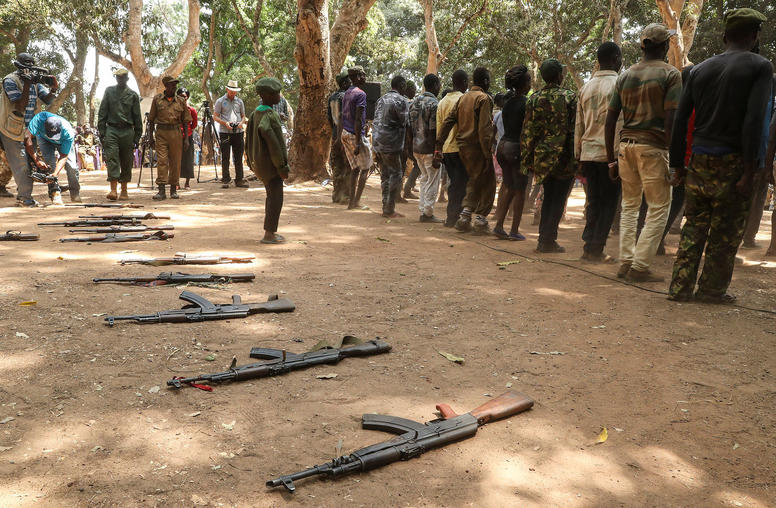
Our Dangerous Children: The Global Risks of Neglect
Intermittently, images spring from the news to shock us with the suffering of children brutalized by war or their families' desperate flight as refugees. Three years ago, the body of Alan Kurdi, a Syrian boy drowned on a Turkish beach, administered that shock. Central American children uprooted by the violence of Honduras or El Salvador now underscore the same message—that amid the world's people scarred by war and violence, a special danger is children. Among the 65 million people torn from their homes, most by warfare, roughly half are children.
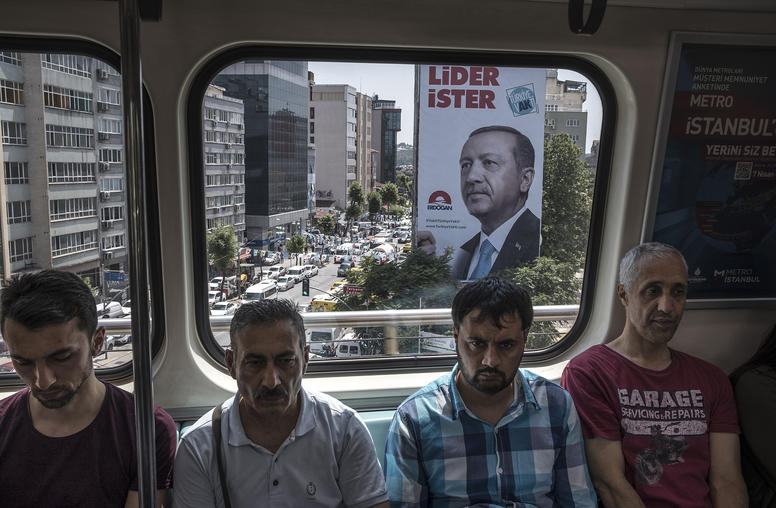
Ex-Ambassador: Alter Policy Toward Authoritarian Turkey
Turkish President Recep Tayyip Erdogan this month takes up new executive powers, making him only more central to U.S. interests in neighboring Syria, Iraq and Iran. Yet Erdogan’s nationalism-tinged re-election last week will complicate relations, according to former U.S. ambassador to Turkey Eric Edelman.